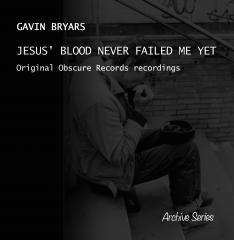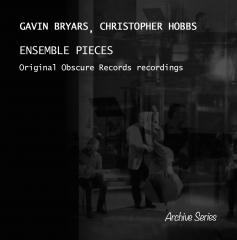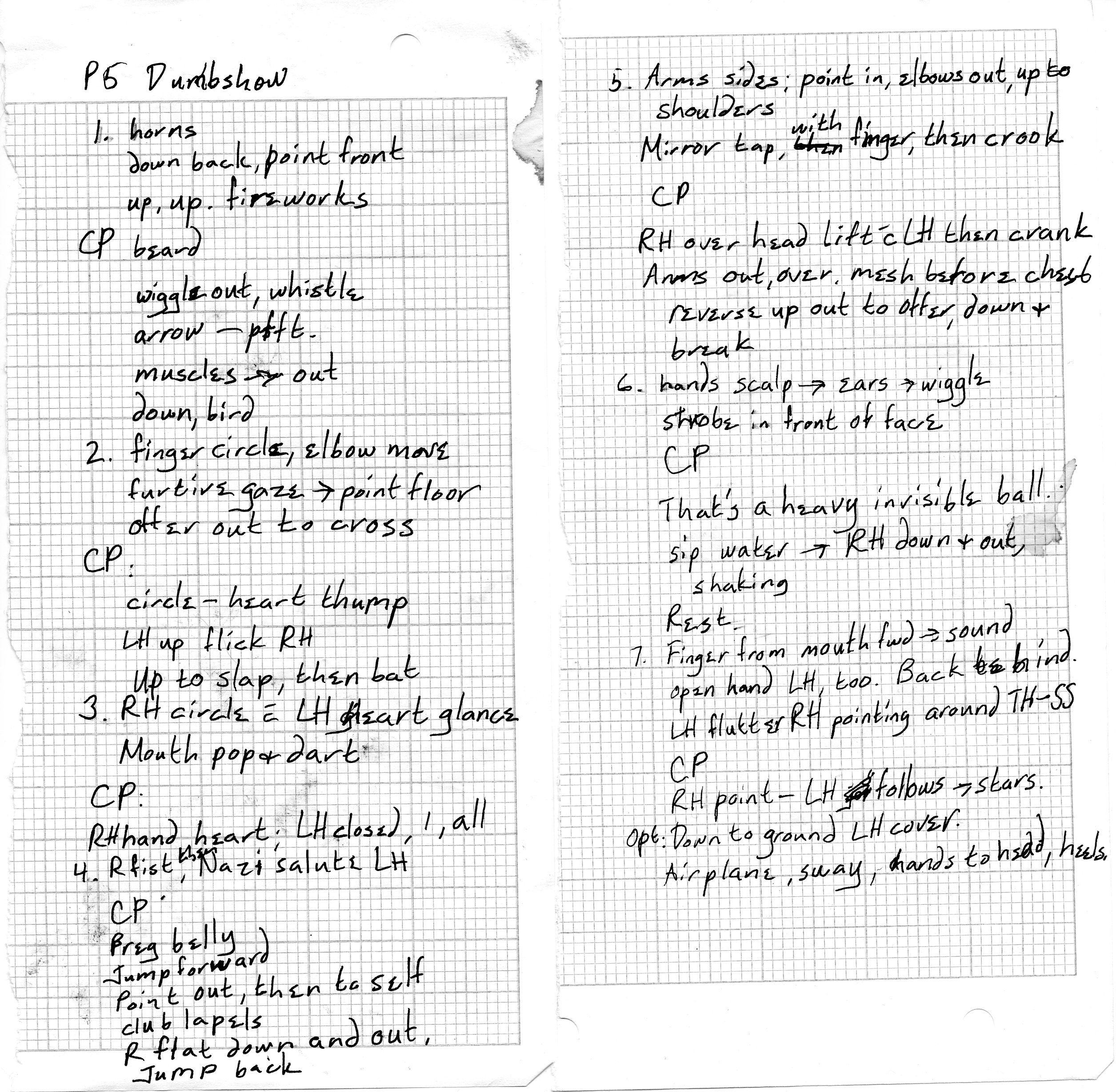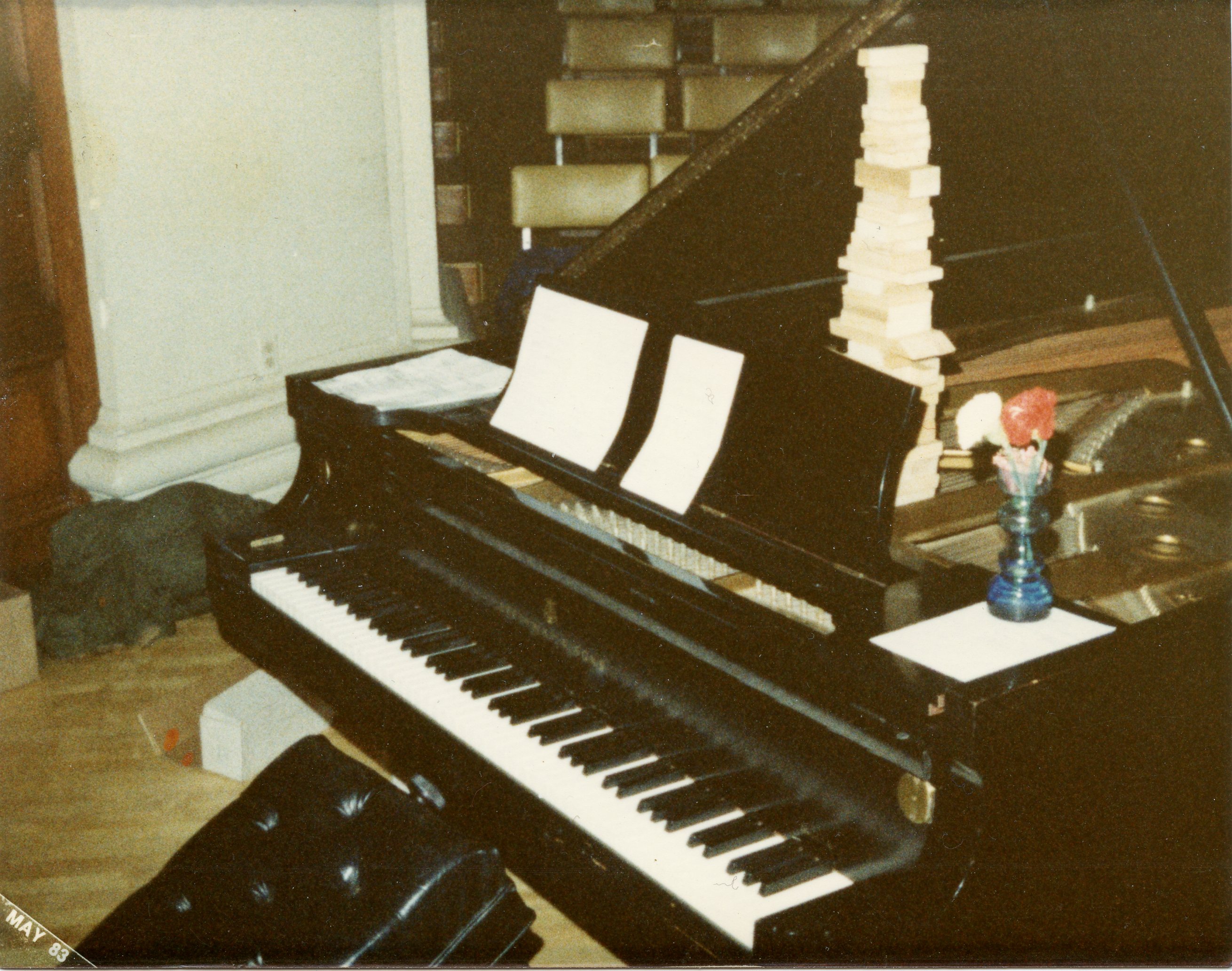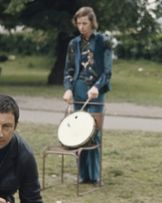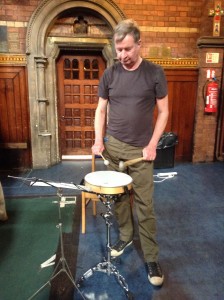One of the central figures in British experimental music, Michael Parsons has donated some music for the EMC Bandcamp page. First up, is his computer piece from 1995, Tenebrio, written at the request of the BBC for a programme of Nocturnes for a late-night show on Radio 3. Michael Parsons explains:
It was made with two CX5M Yamaha music computers using frequency-modulation (FM synthesis). The ‘voice’ programme of the CX5M computer was used first to introduce noise-like sounds of indefinite pitch, which are then progressively transformed by gradually expanding the frequency range to reveal unfamiliar pitch sequences in the form of a ‘random walk’. These are joined in the middle of the piece by pure sustained sounds with very slow glissandi.
Michael Parsons was one of the founders, with Cornelius Cardew and Howard Skempton, of the Scratch Orchestra in 1969. His music is consistently rigorous, and almost always beautiful. Tenebrio will be followed soon by a short album of acoustic instrumental music, and more tracks will follow as we receive them.
When asked for recordings for the EMC Bandcamp page, Michael declined to set a price on these recordings. There is, however, a facility on the Bandcamp page which allows the listener to set a gift price which will help to pay for the EMC’s Bandcamp page and for further tracks. You can find it here: https://experimentalmusiccatalogue.bandcamp.com/music .

